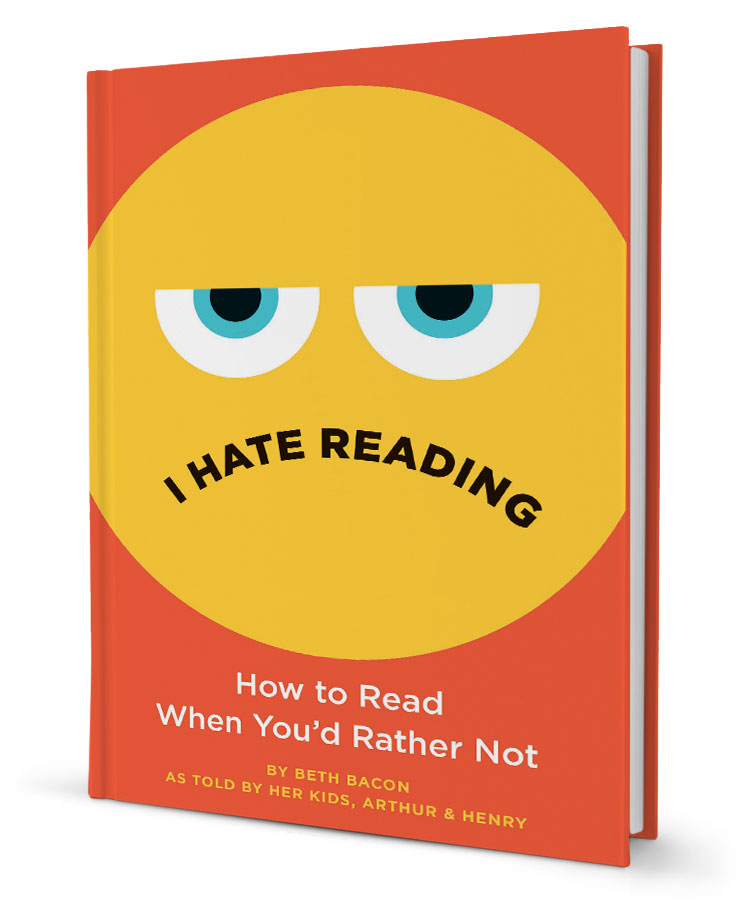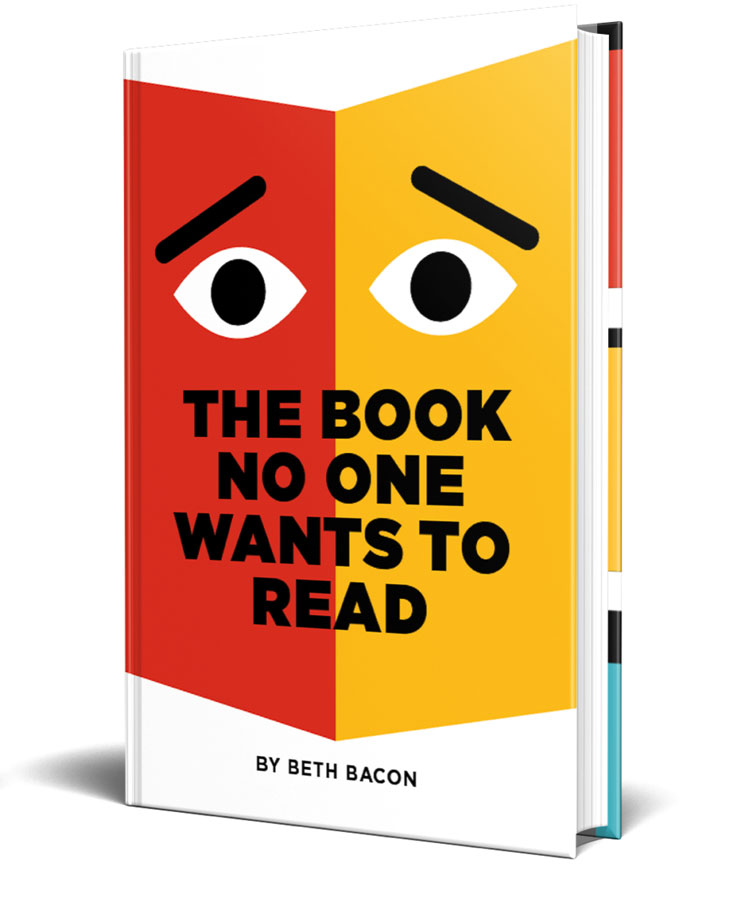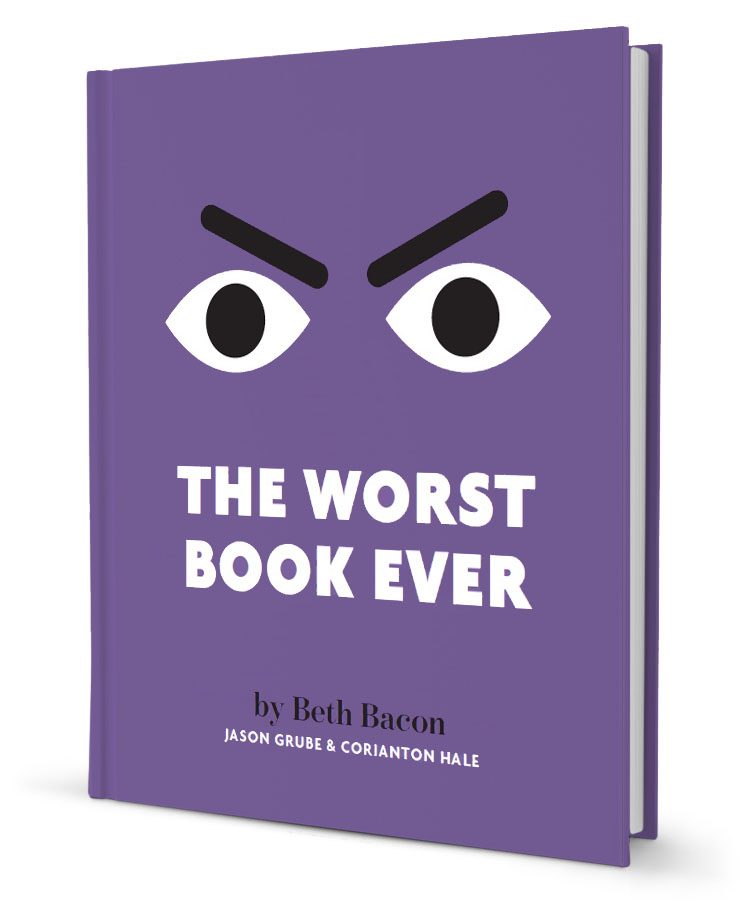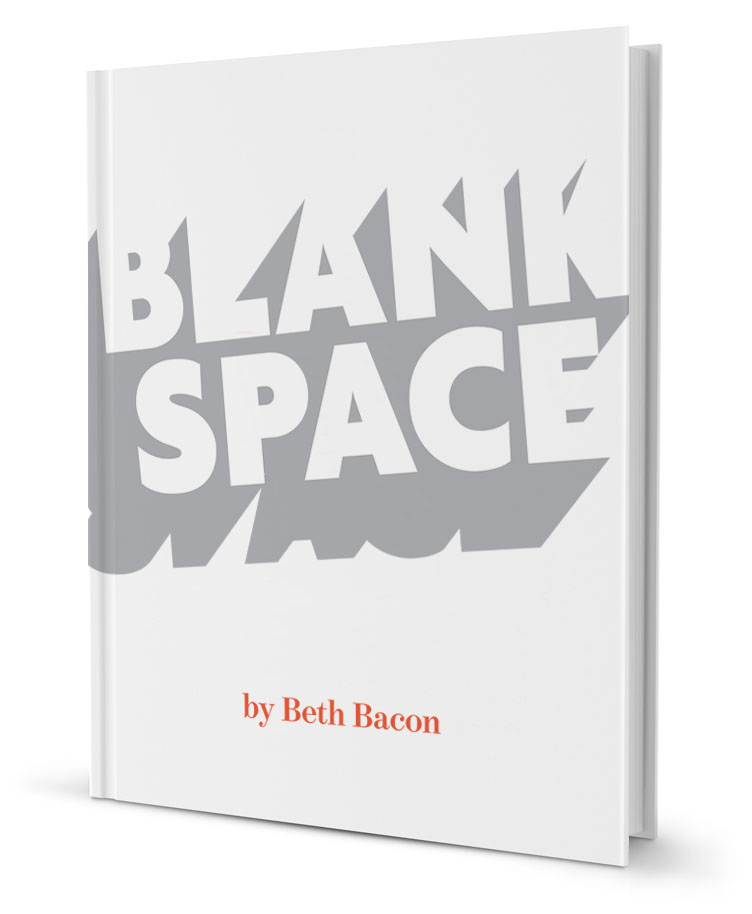Recently, my picture book about panda cubs that were born at Zoo Atlanta won its second literary award. I was thrilled to be a First Place winner in the Chanticleer Little Peeps awards. In the surrounding buzz,I’ve been asked how to research a nonfiction picture book. I thought I’d share my methods.
Resources: Blog
 My main source for the content was the amazing blog maintained by Zoo Atlanta. The site can now be found here: https://zooatlanta.org/news-stories/
My main source for the content was the amazing blog maintained by Zoo Atlanta. The site can now be found here: https://zooatlanta.org/news-stories/
During the birth of the twin pandas that I write about in this book, the blog was frequently updated with 1,000 words or more per day. That’s a lot of content during a pregnancy that lasted many months! The conservation mission of the zoo is in full view in this blog. This is how Zoo Atlanta describes its
The Zoo Atlanta blog has a lot of different sections and it’s meticulously maintained by a large team. Here’s how they describe their goals:
As you follow along with us throughout the year, we’ll highlight the amazing work our colleagues in conservation are doing across the globe to protect and preserve wildlife. We hope you’ll be inspired to get involved by either taking action at home or by joining us in supporting our partners in conservation. Wildlife and wild places need us.
Resources: The Panda Cam
Not only does Zoo Atlanta have a substantial blog, it also maintains a camera that is positioned in Lun Lun’s enclosure. It films whatever is happening there live, every day, 24/7. Log in to check out what is happening there right now: https://zooatlanta.org/panda-cam/ Warning: you can easily get absorbed in this content! Watching something as simple as Lun Lun sitting against a wall eating bamboo can be a calming, engrossing experience. Maybe because there is no audio? Maybe because you’re getting a view to a part of nature that’s so different from our everyday life? Maybe the reason is that pandas are simply fascinating creatures.
Resources: Personal Interviews
Because the birth of Mei Lin and Mei Huan happened fairly recently (well, it was back in 2014), many of the people that were part of this amazing birth are still at Zoo Atlanta. I don’t know them personally but I corresponded with a spokesperson from the zoo who did a great job fielding my questions and relaying answers. When I had drafts ready, they generously read them and commented on them. I did everything I could to revise my drafts to reflect their perspectives. After all, they are the one who were there
Research Methodology
Part 1: Info Gathering
Over the years I have developed a research method that works for me. I start with an information gathering stage. I seek out and take in as much content as possible. I make notes and document what I’m learning without making any decisions or judgments. During Info-Gathering, This stage is all about quantity – drawing in all kinds of facts. I make it a point not to be judgemental. Not to make any conclusions. Not to come up with any narratives or stories. At this point, it’s all about simply bringing everything to my attention and documenting it in such a way that I can find it later.
Part 2: Theme and Story Forming
After a certain point, I get a feeling of saturation. I still don’t know what the story will be, but I attune myself to a sense that I know enough to shift into the second stage with is Story Forming. This is where I narrow things down and search for ideas that are dramatic, curious, different, or puzzling. I also look for themes. Where can I find an idea that reflects a truth about life?
Part 3, 4, 5: Drafting, Revising, Refining
Only now do I attempt to write anything. I have a vague sense of narrative and a general sense of theme. At this stage I go through my notes and find concrete events that support what I want to say. Then I try to explain it to myself by writing things down. This article is not about “writing” so I’ll just include the important note that even in the writing stage, I continue to research in order to follow up and find evidence and examples
Almost every type of writing includes some form of research, What is your methodology? How do you research?





0 Comments